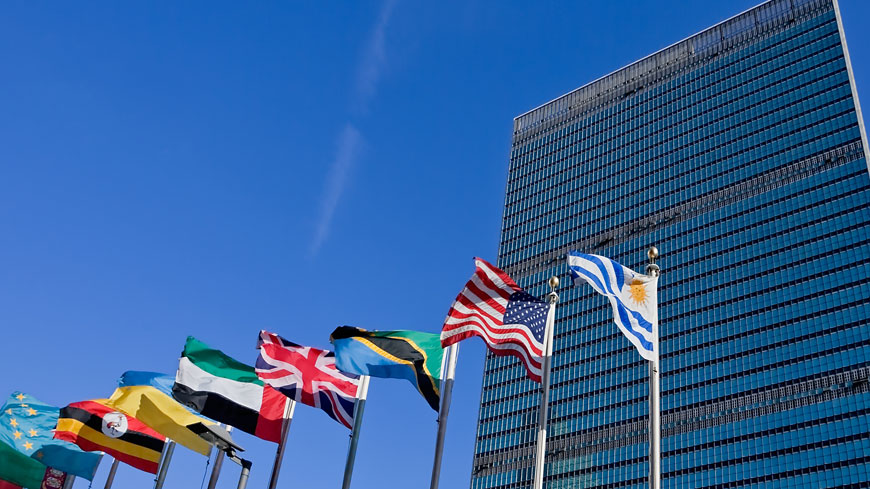United Nations: The United Nations has announced that it has started going partially paperless by stopping printing of press releases.
“Starting today, the News and Media Division of the Department of Global Communications (DGC) will no longer print hard copies of press releases,” UN Secretary-General Antonio Guterres’s spokesman Stephane Dujarric said at a news briefing Tuesday.
“This is part of our ongoing effort to save paper, to go paperless and to save money,” he was quoted as saying by Xinhua news agency.
The spokesman didn’t disclose how much will be saved a year by doing so.
On the pigeonholes standing in the second-floor corridor of the UN Secretariat Building, all back issues of the printed press releases had been removed with only two copies of UN “Journal”, dated April 9, resting in two of the several hundred slots.
Two pieces of notice, in English and French, were put on the wall above the pigeonholes, which read: “Printed press releases are no longer available.”
The notice encouraged journalists and other people to visit a specific website to download the digital press releases.
For decades, hard copies of press releases in Chinese, English, Russian, French, Arabic and Spanish, were occupying the eight sets of pigeonholes with several hundred slantingly vertical slots.
A UN staffer said that the latest annual budget for DGC has been reduced to $82 million as against $89 million previously proposed.
“It’s a big cut,” the official told the news agency, adding that there were almost no newly-added jobs for the media and another department this year.
“I fully support the decision to stop printing hard copies of press releases, as printing them not only costs a lot of money, the demand for them has dropped dramatically as well,” he said.
“People nowadays prefer digital versions of press releases rather than hard copies for their easier copy and paste. It’s greener and money-saving as well,” he added.
IANS
